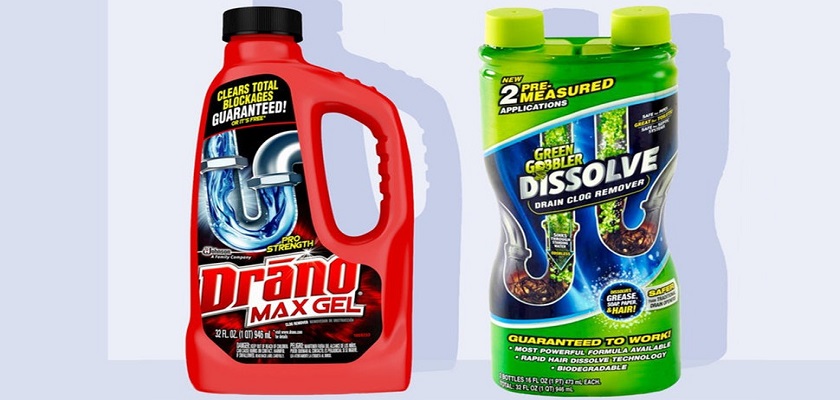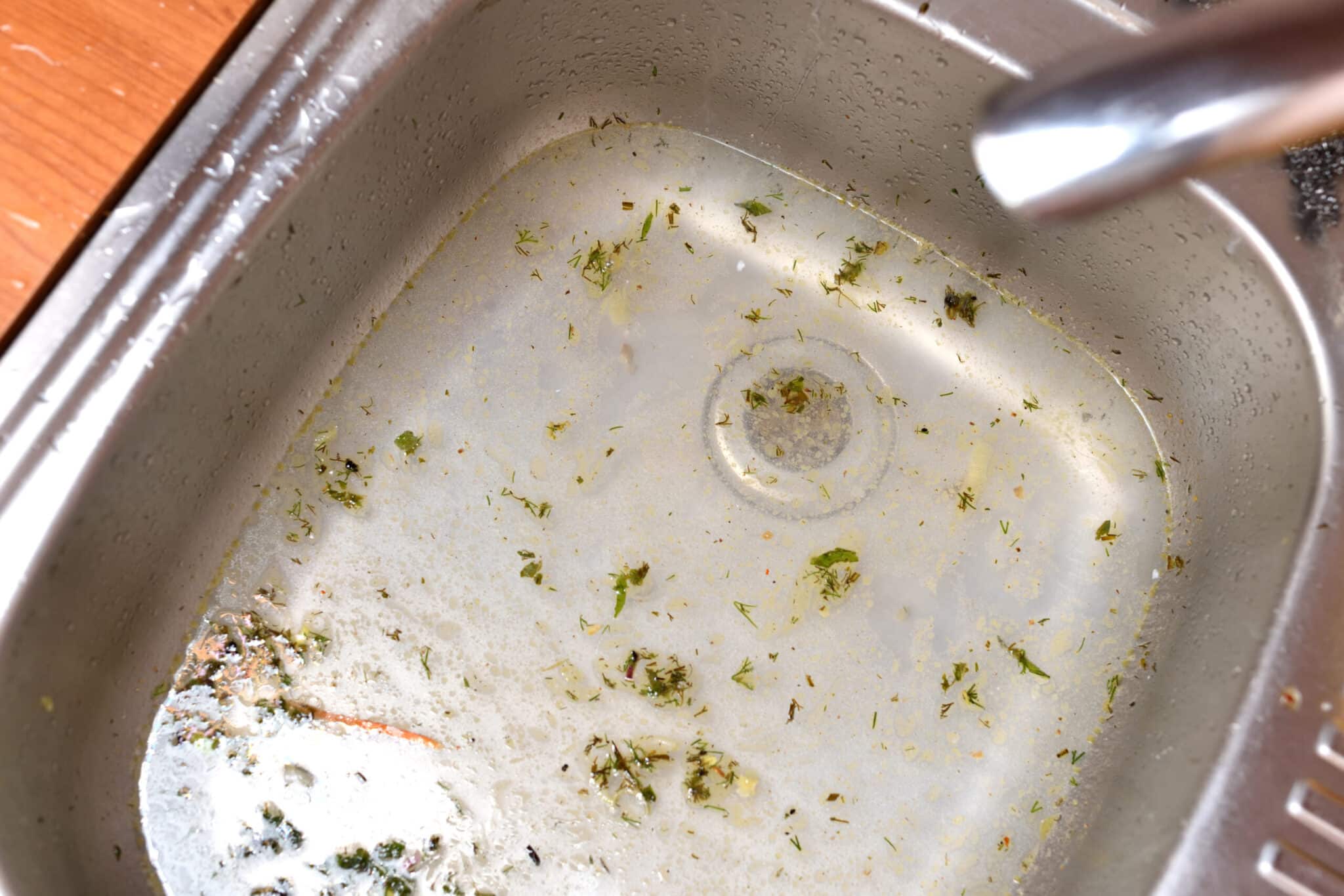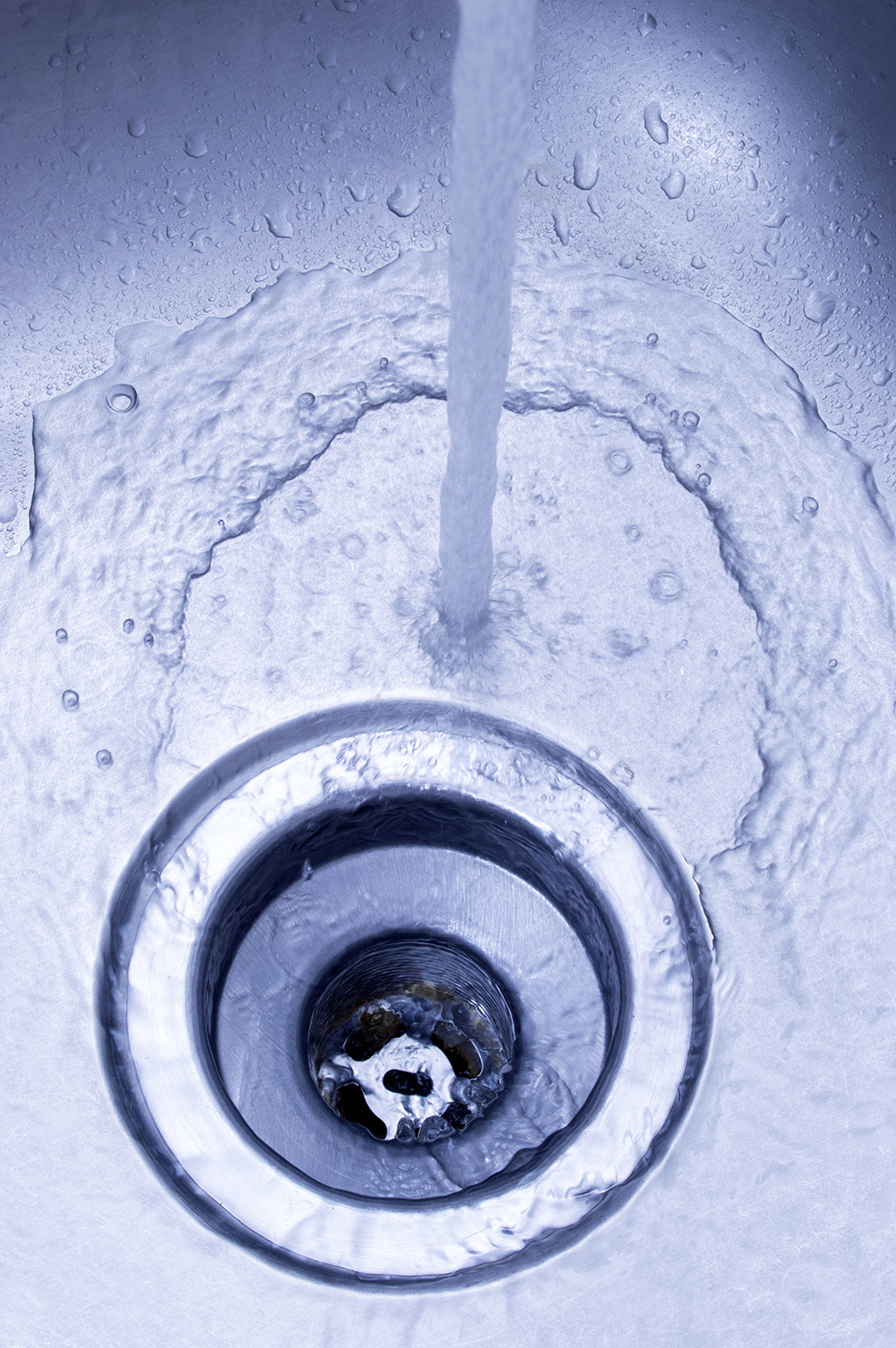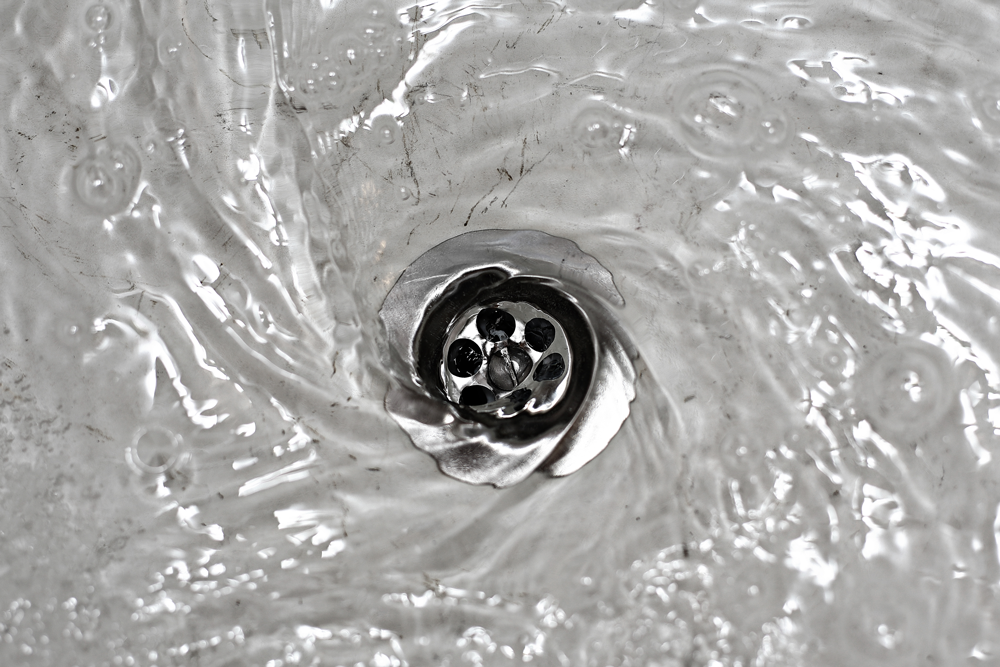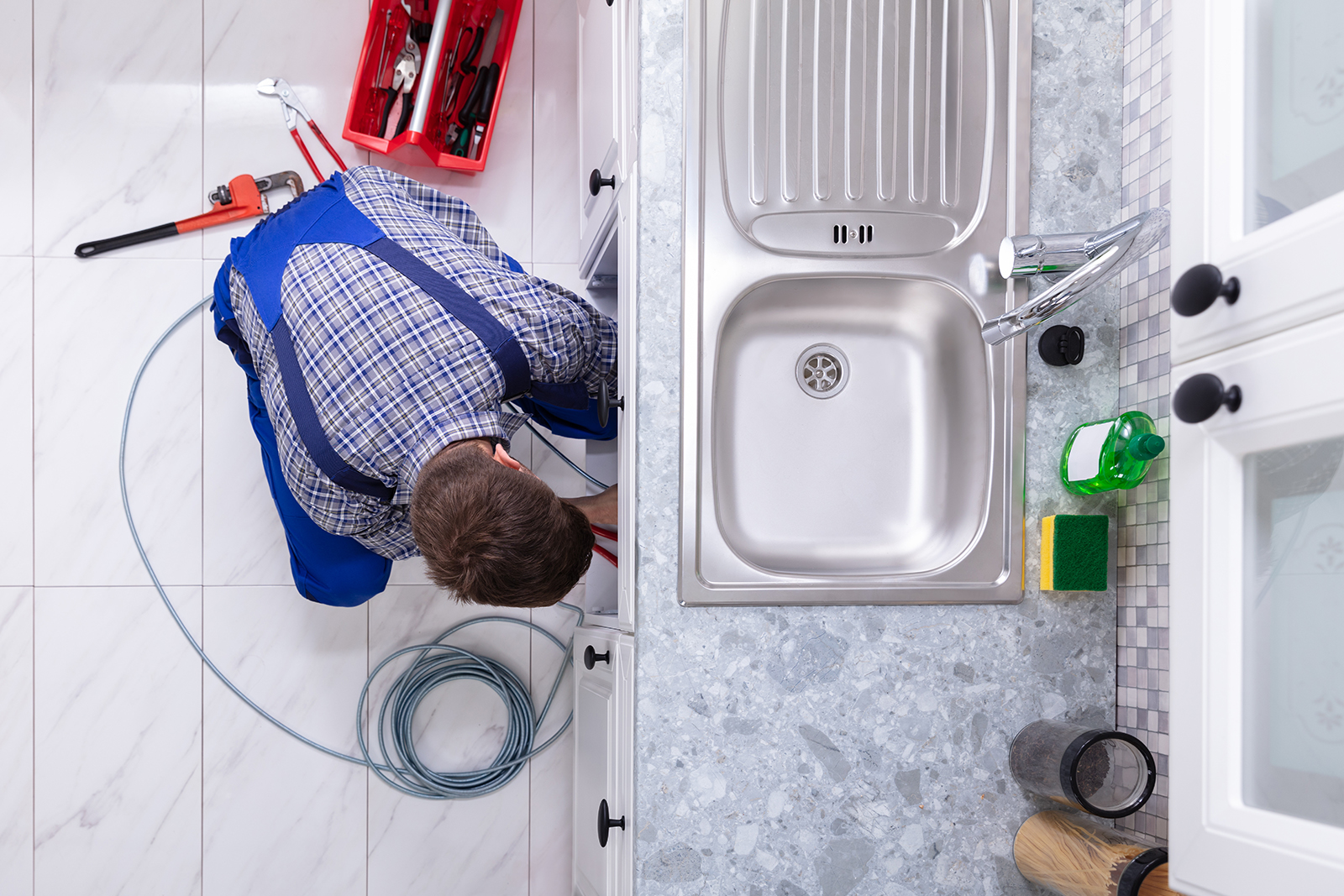If you've ever experienced water coming back up in your kitchen sink from the dishwasher, you know how frustrating and messy it can be. But what exactly causes this issue? There are a few common culprits that could be to blame for the water backup. One of the most common causes is a clogged kitchen sink drain. Over time, food scraps, grease, and other debris can build up in your drain, causing it to become blocked. Another potential cause could be a faulty or damaged dishwasher hose, which can lead to water flowing back into your sink instead of draining properly. Whatever the cause may be, it's important to address the issue as soon as possible to avoid further problems.Common Causes of Water Coming Back Up in Kitchen Sink from Dishwasher
So, what can you do to fix water coming back up in your kitchen sink from the dishwasher? Depending on the cause, there are a few different solutions you can try. If the issue is a clogged drain, you can try using a plunger or a drain snake to clear out the blockage. For a plunger, make sure to cover the other drain in your sink (if you have a double sink) and create a strong seal around the clogged drain. Then, plunge up and down vigorously to try and dislodge the blockage. If that doesn't work, a drain snake can be used to physically break up and remove the clog. If the issue is a faulty hose, you may need to replace it. This can be a bit trickier, so it's best to consult a professional plumber for assistance.How to Fix Water Coming Back Up in Kitchen Sink from Dishwasher
Of course, the best way to deal with water coming back up in your kitchen sink from the dishwasher is to prevent it from happening in the first place. Here are a few tips for preventing this frustrating issue: 1. Be mindful of what you put down the drain. Avoid putting large food scraps, grease, and other debris down your drain to minimize the risk of clogs. 2. Clean your dishwasher filter regularly. The filter in your dishwasher can also become clogged with food debris, so be sure to clean it out regularly to keep your dishwasher running smoothly. 3. Run hot water down the drain after using your dishwasher. This can help to flush out any remaining debris and keep your drain clear.Preventing Water from Coming Back Up in Kitchen Sink from Dishwasher
If you're experiencing water coming back up in your kitchen sink from the dishwasher, it's likely that you have a clogged drain. But there are other signs to look out for that can indicate a clog in your kitchen sink drain. These include: - Slow draining water in your sink - Gurgling sounds coming from your drain - Foul odors coming from your drain If you notice any of these signs, it's important to address the issue before it becomes a bigger problem.Signs of a Clogged Kitchen Sink Drain
To unclog a kitchen sink drain, you can try using a plunger or a drain snake as mentioned before. However, there are a few other methods you can try as well. - Baking soda and vinegar: mix 1/2 cup of baking soda with 1/2 cup of vinegar and pour it down your drain. Let it sit for about 30 minutes, then flush it out with hot water. - Boiling water: if you have a metal sink, you can try pouring boiling water down the drain to help melt and flush away any grease or debris. - Salt and hot water: mix 1/2 cup of salt with boiling water and pour it down your drain. This can help to loosen and dissolve any gunk in your drain.How to Unclog a Kitchen Sink Drain
A plunger can be a useful tool for unclogging a kitchen sink drain. To use it effectively, make sure to cover the drain completely and create a strong seal before plunging up and down vigorously. This can help to dislodge and remove the blockage in your drain.Using a Plunger to Clear a Clogged Kitchen Sink Drain
If a plunger isn't doing the trick, you can try using a drain snake to remove the blockage. A drain snake is a long, flexible tool that can physically break up and remove clogs in your drain. Insert the snake into the drain and turn it clockwise while pushing it further down the drain. This should help to dislodge and remove the blockage.Using a Drain Snake to Clear a Clogged Kitchen Sink Drain
If all else fails, you can try using a chemical drain cleaner to clear a clogged kitchen sink drain. These products are typically strong and can help to dissolve and remove tough clogs. However, they should be used with caution as they can be harmful to your pipes and the environment. Be sure to read and follow the instructions carefully.Chemical Drain Cleaners for Clogged Kitchen Sink Drains
If you're unable to clear the clog on your own, or if you're experiencing frequent clogs in your kitchen sink drain, it may be time to call in a professional plumber. They have the tools and expertise to properly diagnose and fix the issue, saving you time and frustration in the long run.When to Call a Professional for a Clogged Kitchen Sink Drain
The best way to deal with a clogged kitchen sink drain is to prevent it from happening in the first place. Here are a few tips for keeping your drain clear and preventing future clogs: - Use a drain cover: this can help to catch food scraps and debris before they make their way down your drain. - Avoid putting grease down the drain: instead, pour it into a container and dispose of it in the trash. - Run hot water down the drain regularly: this can help to flush out any buildup and keep your drain clear. By following these tips and addressing any issues with your kitchen sink drain promptly, you can avoid the frustration of water coming back up in your sink from the dishwasher. Remember to be mindful of what you put down your drain and regularly clean and maintain your dishwasher to prevent future clogs. And if all else fails, don't hesitate to call in a professional for assistance.Preventing Future Clogs in Kitchen Sink Drain
Causes of Water Coming Back Up Kitchen Sink from Dishwasher

1. Clogged Drain
 One of the most common reasons for water coming back up the kitchen sink from the dishwasher is a clogged drain. Over time, food particles, grease, and other debris can build up in the drain pipe, causing it to become blocked. This blockage can prevent water from draining properly, causing it to back up into the sink. To prevent this issue, it is important to regularly clean and maintain your drain pipes by using a mixture of
baking soda
and
vinegar
or using a plumbing snake to remove any built-up debris.
One of the most common reasons for water coming back up the kitchen sink from the dishwasher is a clogged drain. Over time, food particles, grease, and other debris can build up in the drain pipe, causing it to become blocked. This blockage can prevent water from draining properly, causing it to back up into the sink. To prevent this issue, it is important to regularly clean and maintain your drain pipes by using a mixture of
baking soda
and
vinegar
or using a plumbing snake to remove any built-up debris.
2. Faulty Check Valve
 Another possible cause of water coming back up the kitchen sink from the dishwasher is a faulty
check valve
. The check valve is a small device that prevents water from flowing back into the dishwasher after it has drained. If this valve is damaged or worn out, it can cause water to back up into the sink. In this case, the check valve will need to be replaced by a professional plumber to fix the issue.
Another possible cause of water coming back up the kitchen sink from the dishwasher is a faulty
check valve
. The check valve is a small device that prevents water from flowing back into the dishwasher after it has drained. If this valve is damaged or worn out, it can cause water to back up into the sink. In this case, the check valve will need to be replaced by a professional plumber to fix the issue.
3. Improperly Installed Drain Hose
 If your dishwasher's drain hose is not installed correctly, it can also lead to water coming back up into the kitchen sink. The drain hose should be connected to a high loop under the sink, which prevents water from flowing back into the dishwasher. If this high loop is not properly installed or has become loose, it can cause water to back up into the sink. To fix this issue, make sure the drain hose is properly secured and connected to the high loop.
If your dishwasher's drain hose is not installed correctly, it can also lead to water coming back up into the kitchen sink. The drain hose should be connected to a high loop under the sink, which prevents water from flowing back into the dishwasher. If this high loop is not properly installed or has become loose, it can cause water to back up into the sink. To fix this issue, make sure the drain hose is properly secured and connected to the high loop.
4. Clogged Air Gap
 The air gap is a small device that is installed on the sink or countertop next to the faucet. Its purpose is to prevent dirty water from flowing back into the dishwasher. However, if this air gap becomes clogged with debris, it can cause water to back up into the sink. To fix this issue, simply remove the air gap and clean it thoroughly before reattaching it.
The air gap is a small device that is installed on the sink or countertop next to the faucet. Its purpose is to prevent dirty water from flowing back into the dishwasher. However, if this air gap becomes clogged with debris, it can cause water to back up into the sink. To fix this issue, simply remove the air gap and clean it thoroughly before reattaching it.
5. Plumbing Vent Issues
 Lastly, water coming back up the kitchen sink from the dishwasher can also be caused by
plumbing vent
issues. The plumbing vent is responsible for maintaining proper air pressure in the drain pipes, allowing water to flow freely. If the vent becomes blocked or damaged, it can cause air pressure to build up and push water back into the sink. This issue will require the expertise of a professional plumber to properly diagnose and fix the problem.
Lastly, water coming back up the kitchen sink from the dishwasher can also be caused by
plumbing vent
issues. The plumbing vent is responsible for maintaining proper air pressure in the drain pipes, allowing water to flow freely. If the vent becomes blocked or damaged, it can cause air pressure to build up and push water back into the sink. This issue will require the expertise of a professional plumber to properly diagnose and fix the problem.
In Conclusion
 Water coming back up the kitchen sink from the dishwasher can be a frustrating and messy problem to deal with. However, by understanding the common causes of this issue, you can take the necessary steps to prevent and fix it. Regular maintenance and proper installation of plumbing components can go a long way in avoiding this problem and ensuring your kitchen sink and dishwasher function properly. If you are unsure of the cause or how to fix the issue, it is always best to consult a professional plumber for assistance.
Water coming back up the kitchen sink from the dishwasher can be a frustrating and messy problem to deal with. However, by understanding the common causes of this issue, you can take the necessary steps to prevent and fix it. Regular maintenance and proper installation of plumbing components can go a long way in avoiding this problem and ensuring your kitchen sink and dishwasher function properly. If you are unsure of the cause or how to fix the issue, it is always best to consult a professional plumber for assistance.






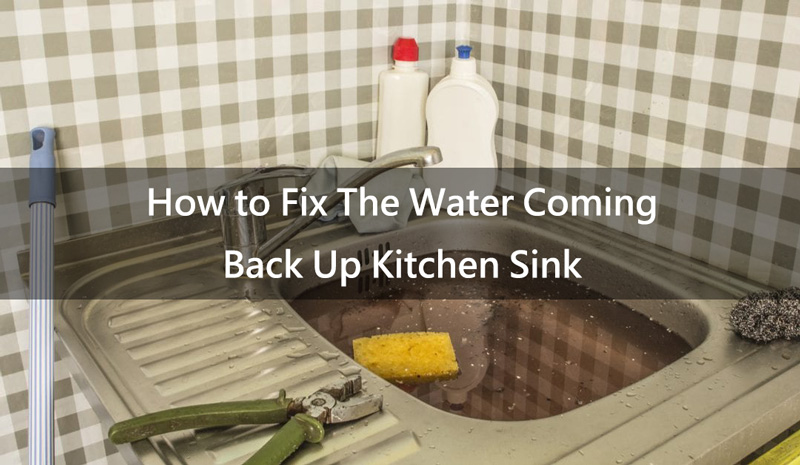
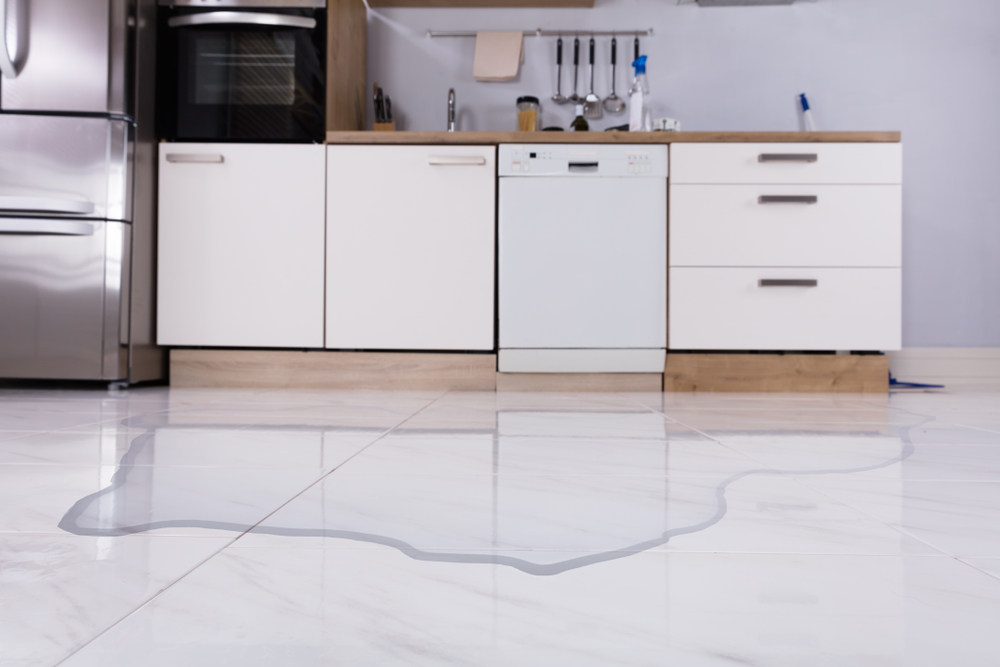
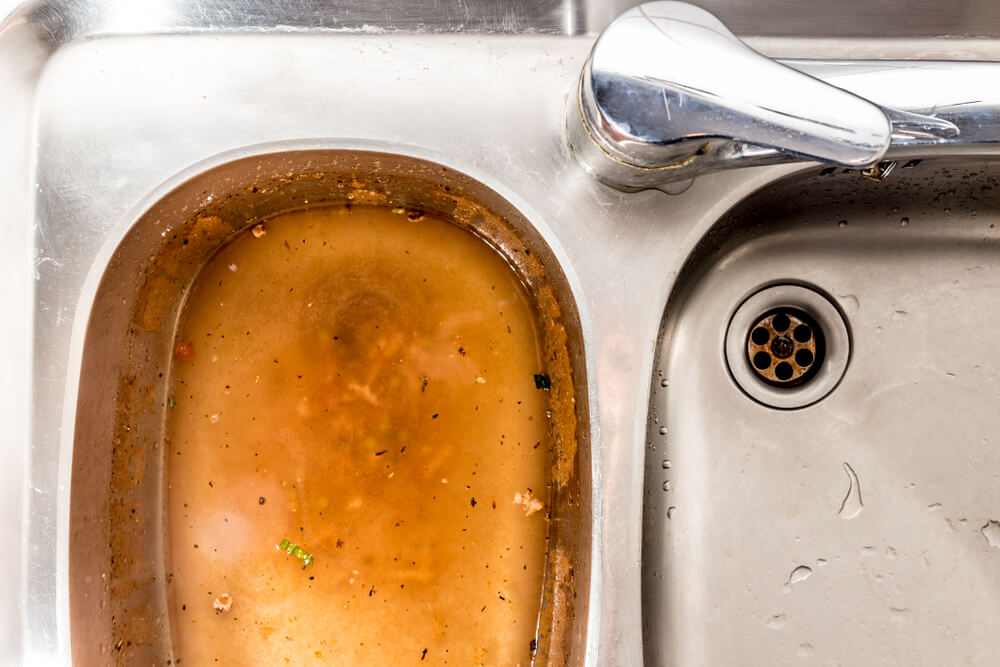



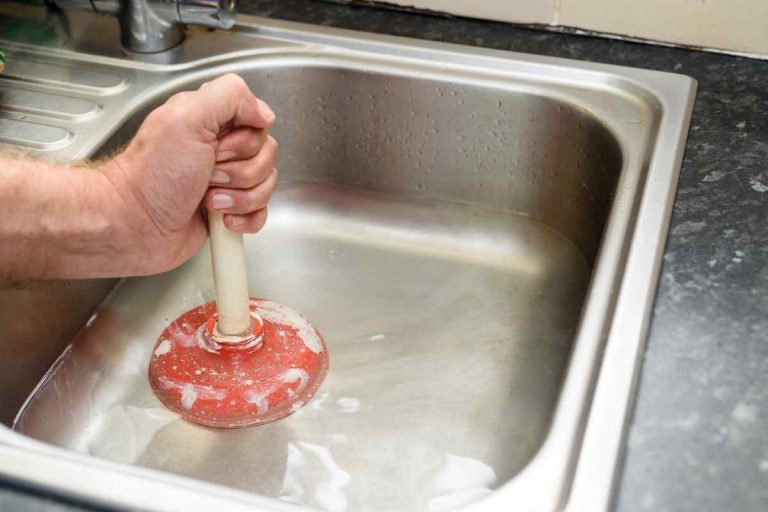









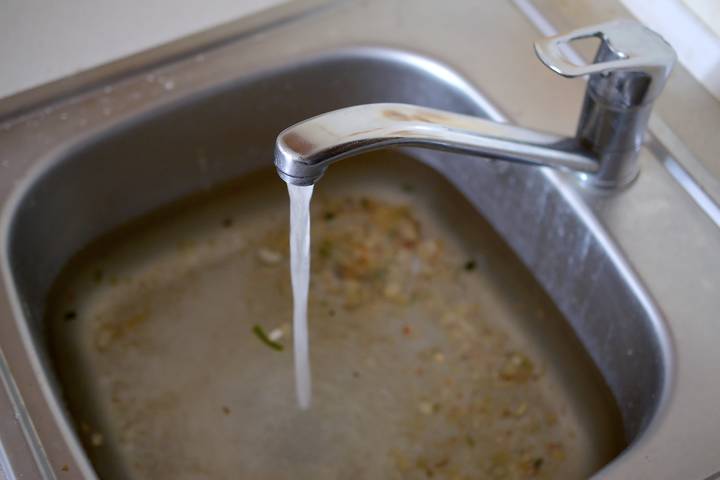



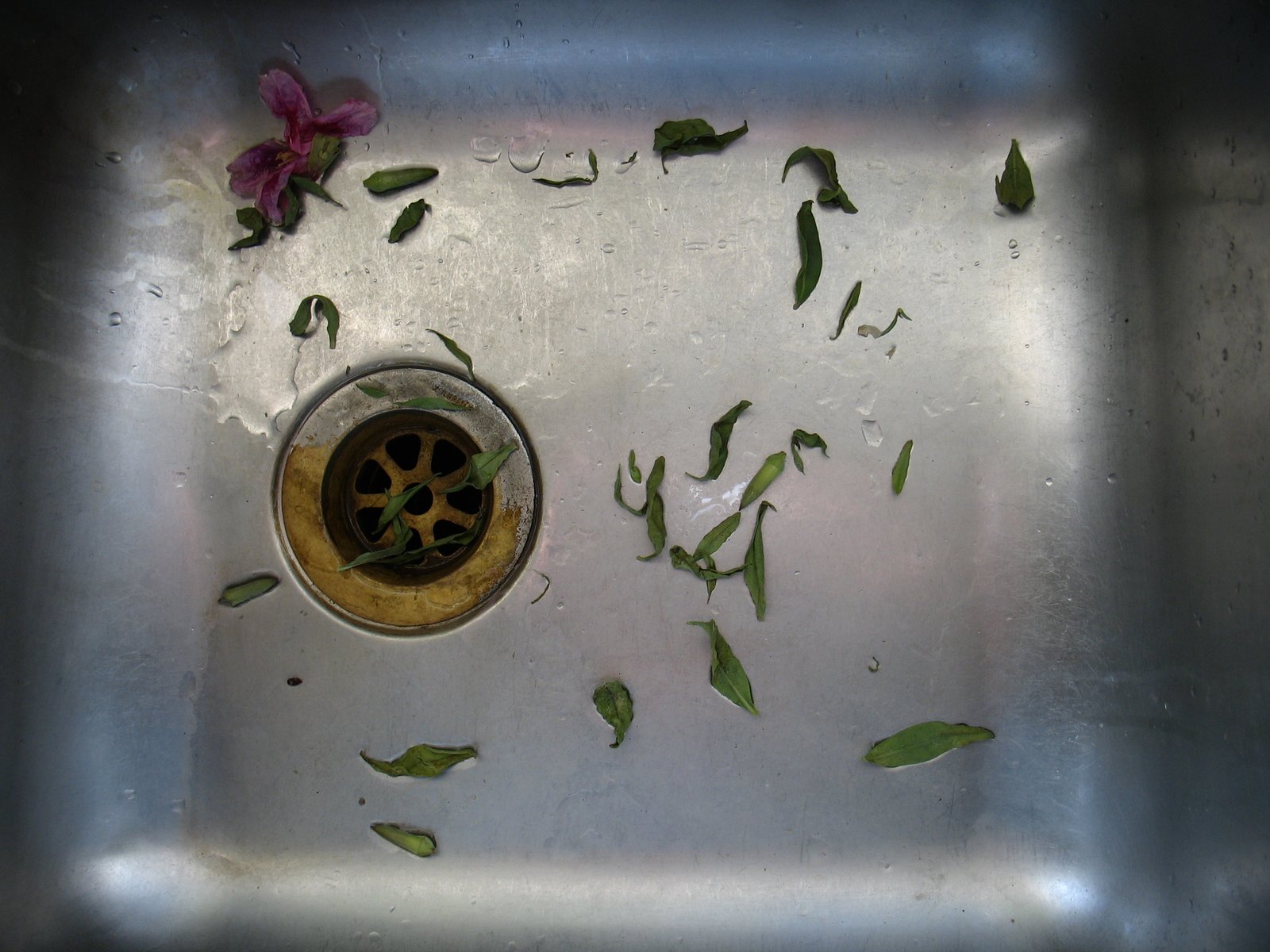





:max_bytes(150000):strip_icc()/freshen-and-unclog-drain-with-baking-soda-1900466-22-bbf940b70afa4d5abef0c54da23b1d3f.jpg)

:max_bytes(150000):strip_icc()/how-to-unclog-a-kitchen-sink-2718799_sketch_FINAL-8c5caa805a69493ab22dfb537c72a1b7.png)





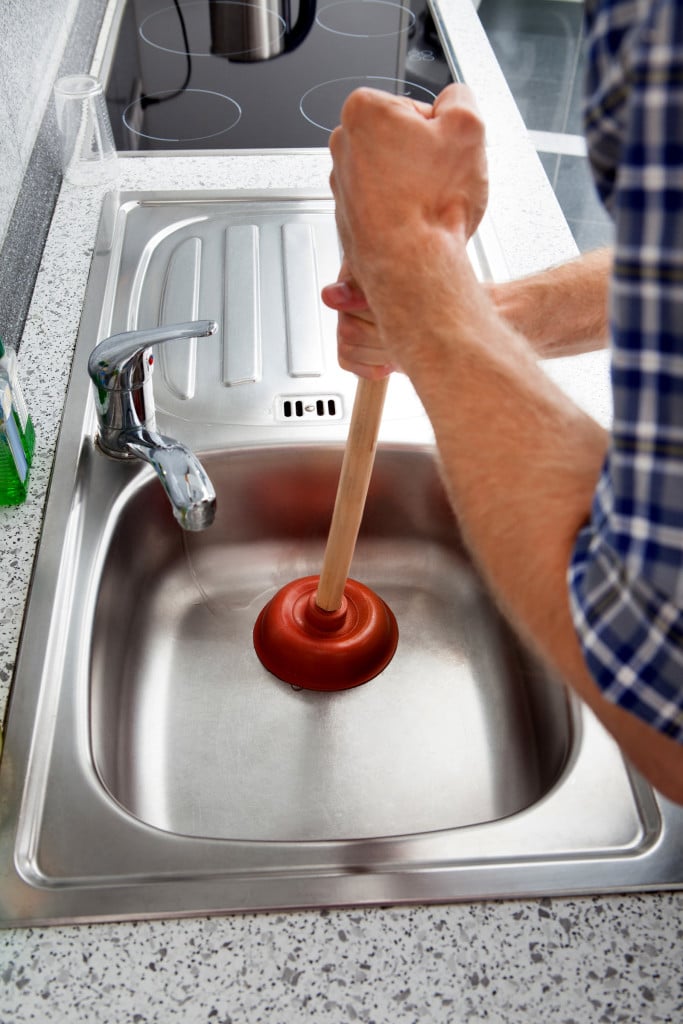

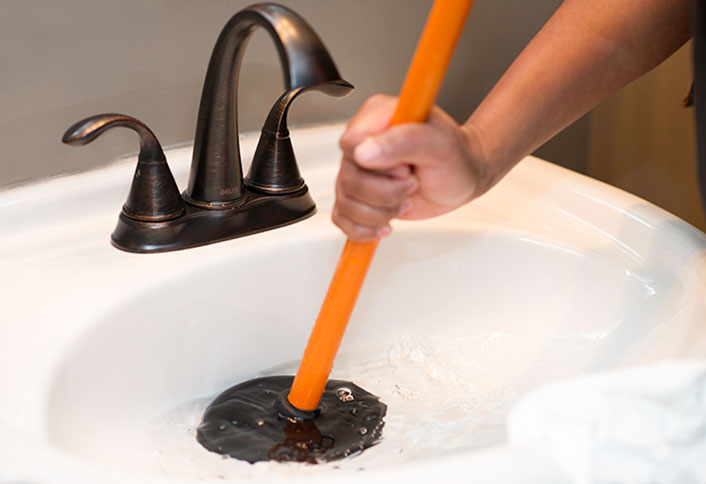



:max_bytes(150000):strip_icc()/woman-wearing-yellow-washing-up-gloves-to-unblock-sink-using-plunger-close-up-131987463-5887cfc03df78c2ccd92ec9e.jpg)









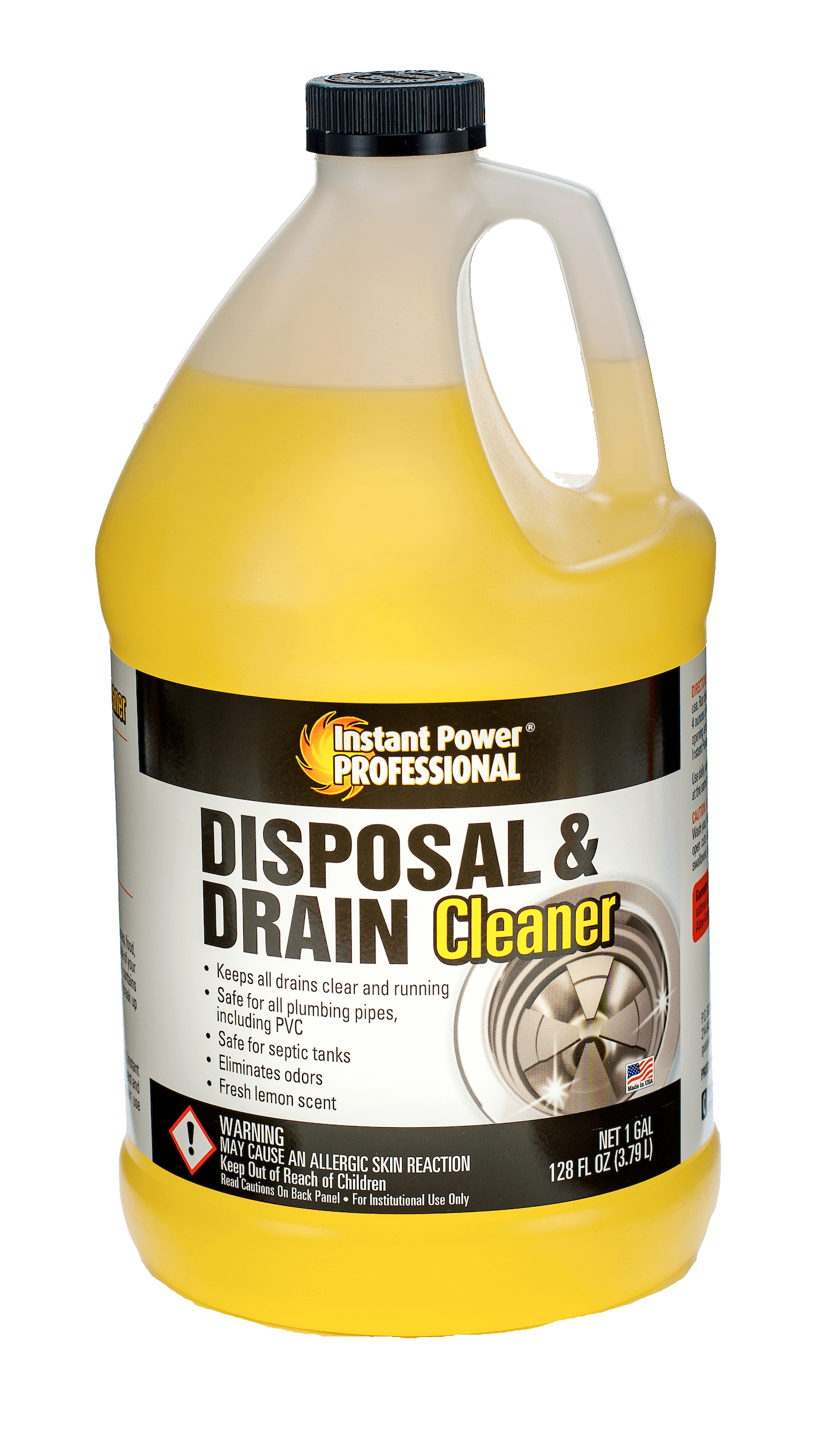
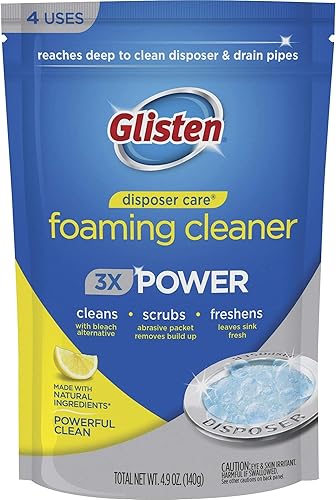


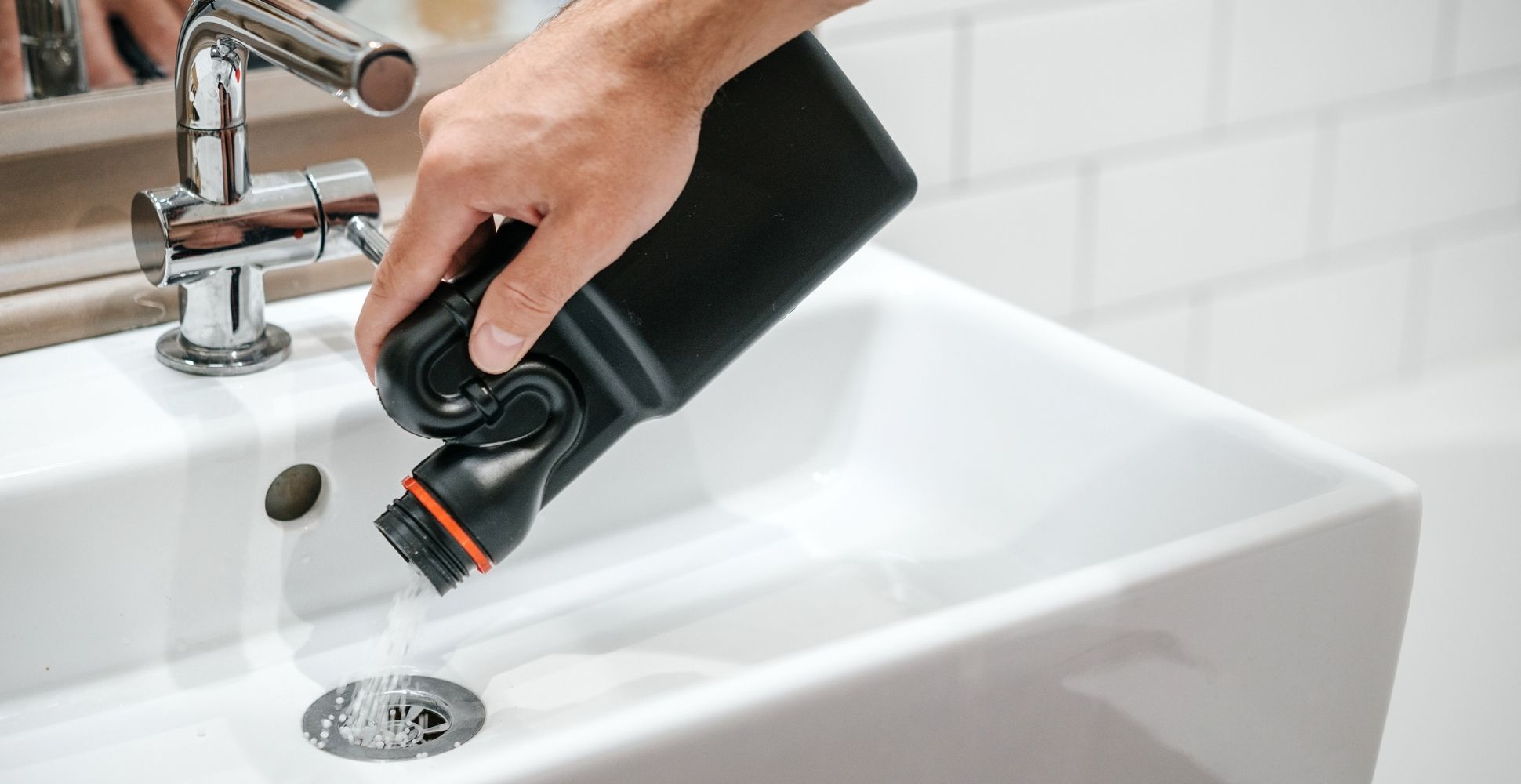
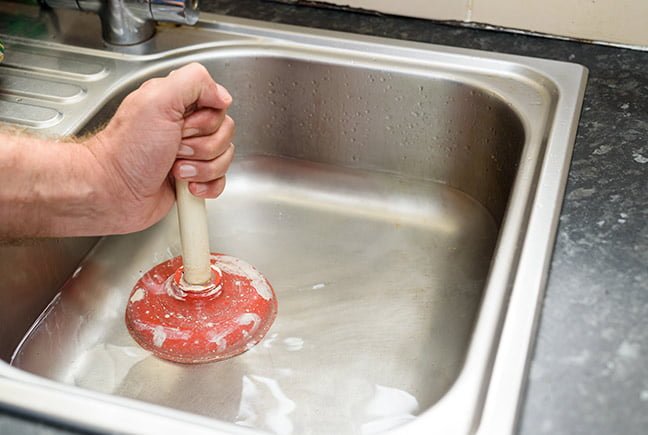



:max_bytes(150000):strip_icc()/pouring-chemicals-down-a-sink-80033290-5810e9425f9b58564c60a7e1.jpg)
